
Recovery in rural areas and small towns like Tivoli, Bayside and Austwell is vastly different from cities like Houston, where public and private funding flooded the city as quickly as Harvey’s rains did.

Recovery in rural areas and small towns like Tivoli, Bayside and Austwell is vastly different from cities like Houston, where public and private funding flooded the city as quickly as Harvey’s rains did.
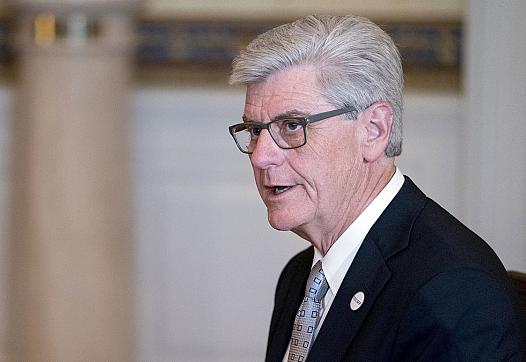
The term-limited Phil Bryant has been holding secret talks after an election that showed strong support for the Obamacare program in red states.
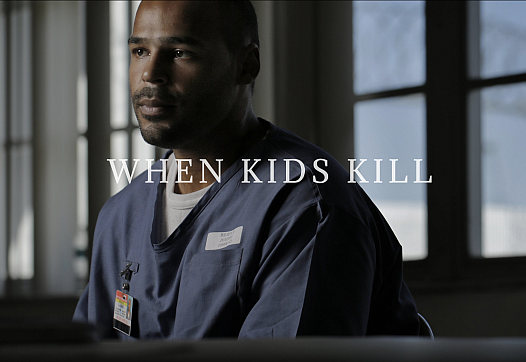
Marcus Wilson remembers the first time he saw his mom use crack cocaine. He thinks he was about 9. "She was doing it off a soda can," he said.
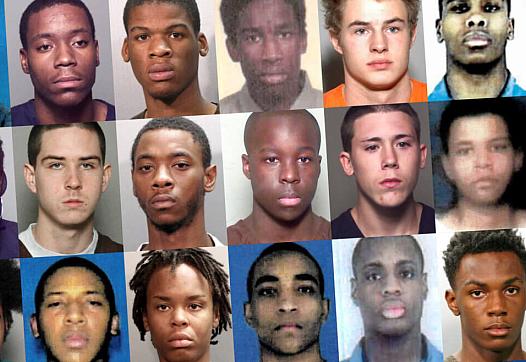
Prison inmates detail the crippling obstacles faced by many of the Jacksonville, Florida children involved in homicides.

This series was produced as part of the University of Southern California Center for Health Journalism Fellowship with a grant from the Fund for Journalism on Child Well-Being.

While he earned $20 for four hours of weed-pulling and trash-picking, Maleak was there for something else: Support. Guidance. A father figure.
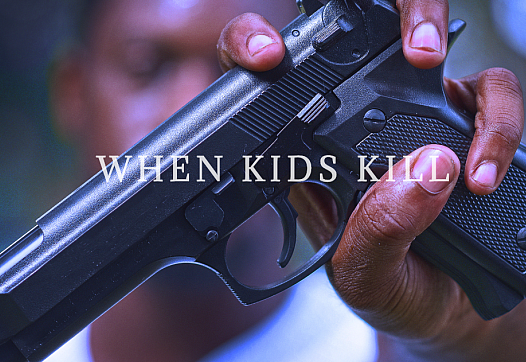
“Everyone from my community has to go to prison," one Jacksonville inmate wrote. "It is the way it is. It is a way of life for us. We didn't know anything else.”
This article and others forthcoming on this topic are being produced as part of a project for the University of Southern California Center for Health Journalism’s National Fellowship, in conjunction with the USC Annenberg School for Communication and Journalism....

An actor-turned-activist founded the "We Got This" program five years ago. It is aimed squarely at boys like Maleak, who has a father in prison, a mother struggling to make ends meet and, often, lots of pent-up anger.
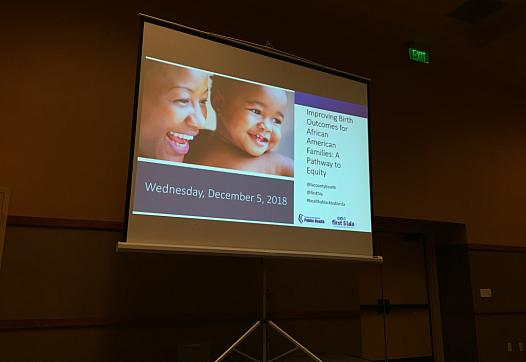
This project received support from the Center for Health Journalism's California Fellowship and its Fund for Journalism on Child Well-being....